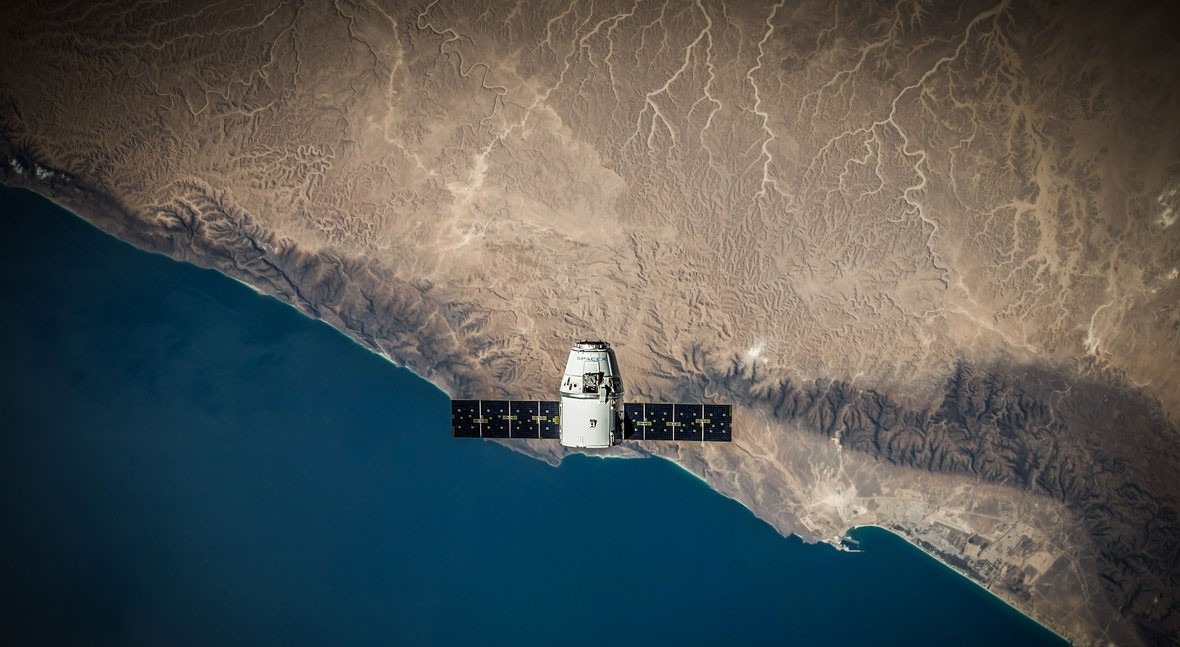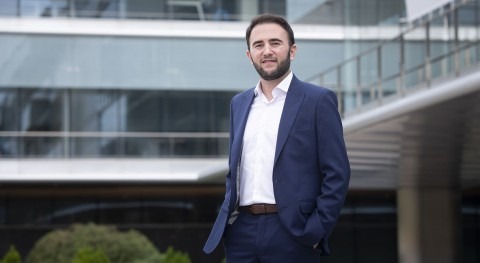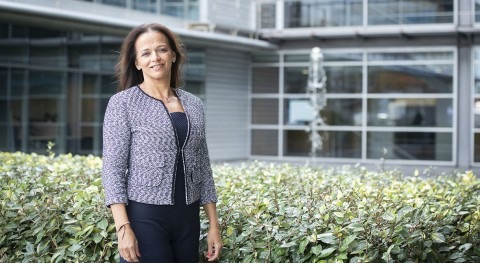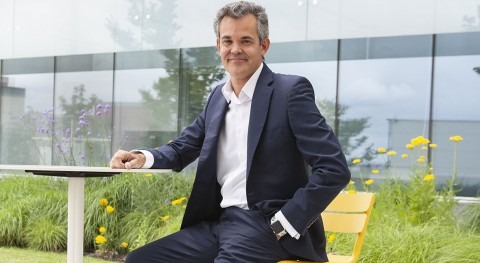This has been the fourth warmest year in history. Heat waves and droughts have decimated crops in Europe. The state of California has once again been devastated by fires, and tens of people died in Japan as a result of sweltering heat. Climate change has contributed to make the rainforest more vulnerable to fire, and we have seen the lungs of the Earth, the Amazon rainforest, up in flames.
This is the new reality. We are witnessing the impacts of droughts and unusually high temperatures across the world. We have seen these scenarios in São Paulo, Sidney and Cape Town, where water reserves reached historically low levels, raising some questions about the security of the urban water supply.
In fact, according to the Global Risks Report by the World Economic Forum, water has been one of the five main risks for the past seven years. If we take a close look at the main future threats at the global level, most of them are related to water.

Serious Games allow employees to be trained in safe environments using Virtual Reality.
Water scarcity will continue to affect global supply chains, stressing geopolitical relations and increasing the pressures on the poorest people in the world. Therefore, in our society, resiliency — both in terms of economic growth and of human security — must be approached from a water perspective.
Although other global risks have reached a peak point and then decreased, the water challenge has remained constant over time. Dealing with this problem requires collaboration across sectors and a widespread change, in order the assign a greater value to water.
It is now broadly accepted that a 'business as usual' approach cannot address global water challenges, and our current strategies will not quench the world's thirst indefinitely. Particularly, once the population reaches 10 billion people in the coming decades.
Problems such as lack of access, fragmentation, and low quality information constrain decision makers
A key challenge is to obtain a complete and updated picture of the supply and the demand, to understand the needs and expectations of all stakeholders. Too often, problems such as lack of access, fragmentation, and low quality information constrain decision makers.
Thanks to the use of new technologies, such as the analysis of satellite images, we can have a more comprehensive view of the water situation across the world. For example, in 2021, the Surface Water and Ocean Topography mission, a joint mission of NASA and France, will use radar technology to provide the first global survey of Earth's surface water, measuring how water bodies change over time.
In the agricultural sector, the use of smart sensors, together with field images by drones and artificial intelligence, allow interpreting data and modelling a temperature map of the crop area, to ensure water is used optimally.
The technologies of the fourth industrial revolution, combined with new forms of public-private collaboration, can help industry, government and civil society decision makers to balance the trade-offs, identify common priorities and make smarter investment decisions.
Governments have an obligation to facilitate the development of emergent water technologies, staying at the core of the water innovation agenda instead of depending only on new companies, startups and investors. Moreover, they must guarantee that these technologies are developed in a responsible manner.
It is urgent and necessary to foster a strong innovation and cooperation culture, so that the world water community can take full advantage of the fourth industrial revolution.

Technology currently allows us to monitor the performance of facilities in real time.
Digital technology is transforming traditional water systems, improving mainly operational efficiency. The new solutions under development to manage systems in a centralised way, saving time and resources, include from remote smart leak detection to the use of virtual and augmented reality for field assistance and training.
In addition, the change towards hybrid water treatment systems is helping expand services. These systems are possible thanks to promising technologies that include the Internet of Things (IoT) and artificial intelligence for remote and real time monitoring of the system's performance.
This way, remote sensing and blockchain can radically improve the transparency of resource availability, use and quality problems. Since the precision and volume of public data is greater, technology allows addressing information asymmetries and safer decision making at all levels of society.
Furthermore, technology has the power of interrupting and re-imagining the intensive water supply chains, thus helping companies and investors understand and quantify the risks and opportunities involved.
Thanks to the use of new technologies, such as the analysis of satellite images, we can have a more comprehensive view of the water situation across the world
Even though the first to use digital technology will benefit from enhanced operational efficiency in their own value chain, as well as position themselves as leaders for those coming afterwards, only 23% of European water companies consider the digital transformation a high strategic priority, and being a frontrunner an objective, whereas most of them, 60%, prefer to adopt a follower approach.
Implementing technology in a way that creates value is as important as starting the digital journey. Many of these utilities are working with legacy systems and ask themselves: Do I need to replace everything? How much will it cost? It is important to adopt a client-centered approach. The point is to create value, not just to present things which are technologically brilliant.











